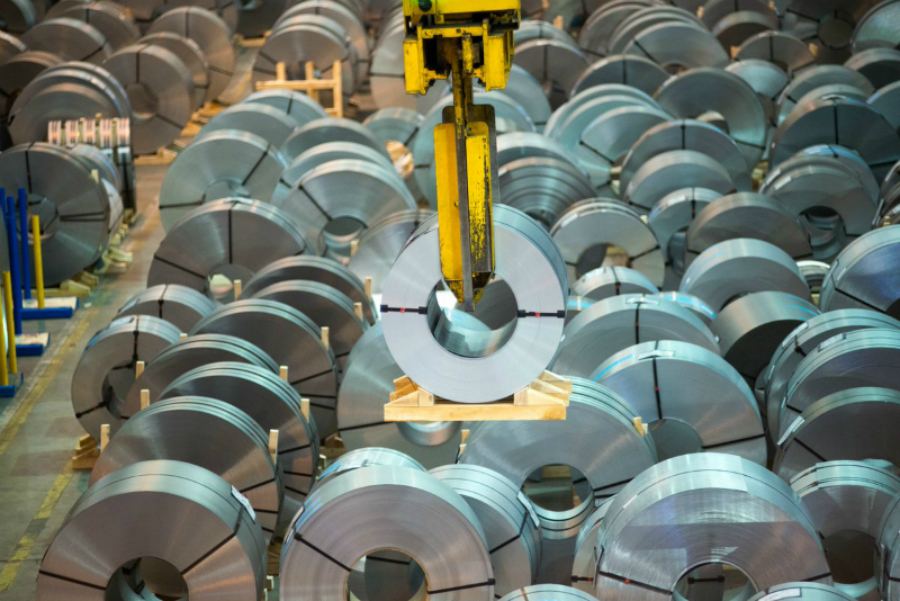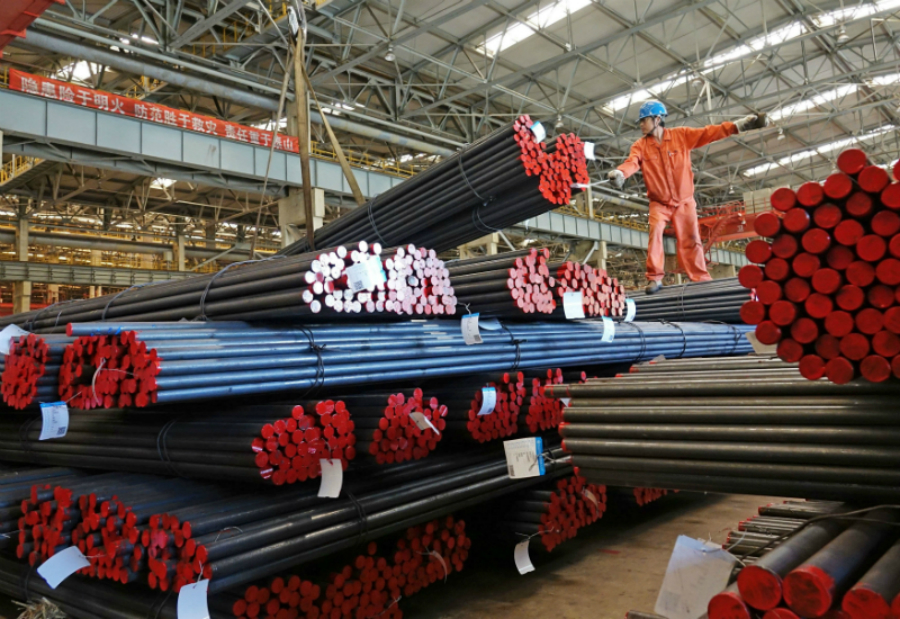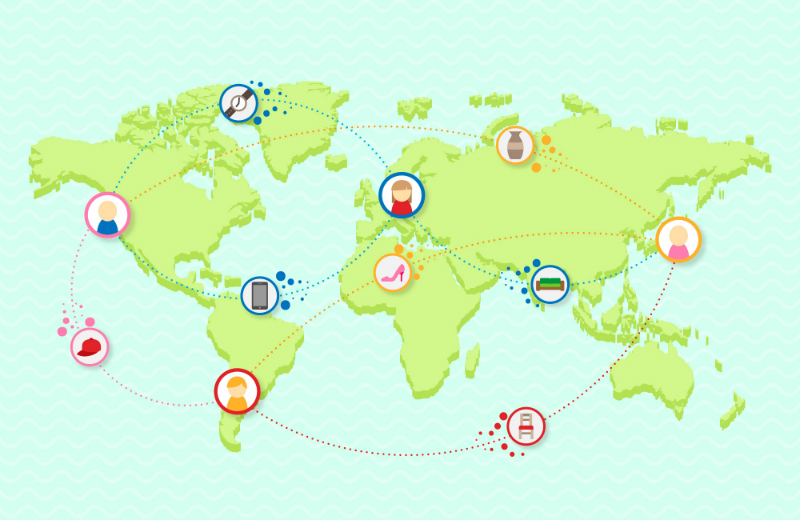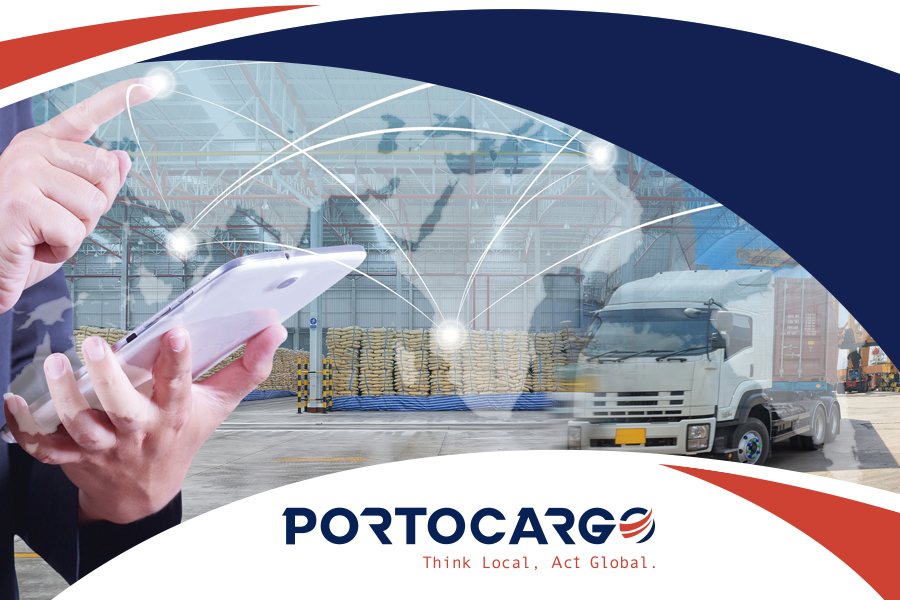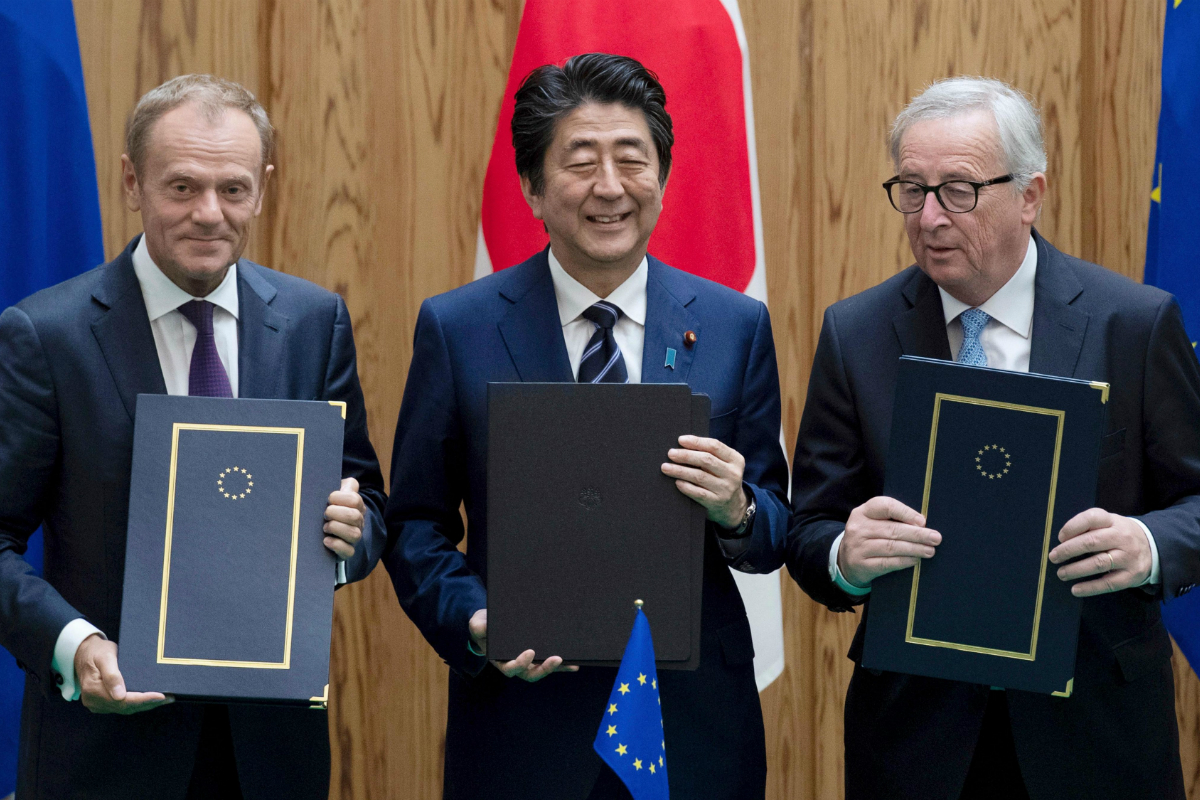
EU-Japan Economic Partnership Agreement Enters into Force
The EU-Japan Economic Partnership Agreement enters into force on February 1st. Businesses and consumers across Europe and Japan can now take advantage of the largest open trading zone in the world.
According to the President of the European Commission Jean-Claude Juncker, by adopting the series of measures resulting from the partnership between two of the main worldwide leading economic power, Europe and Japan are sending a message to the world about the future of open and fair trade. “We are opening a new marketplace home to 635 million people and almost a third of the world’s GDP, bringing the people of Europe and Japan closer together than ever before”, supports Juncker.
This is the EU’s largest bilateral trade agreement to date. The agreement establishes a free trade area with a combined market of over 600 million consumers.
Video credit: EuroNews
In fact, the new agreement will give consumers greater choice and cheaper prices, protecting great European products commercialized in Japan and vice-versa, such as the Austrian Tiroler Speck or Kobe Beef, for example.
Besides, the EU-Japan Economic Partnership Agreement shows that trade is more than quotas and tariffs. “It’s about values, principles, and fairness, making sure that our principles in areas such as labor, safety, climate, and consumer protection are the global gold standard”, stated the President of the European Commission.
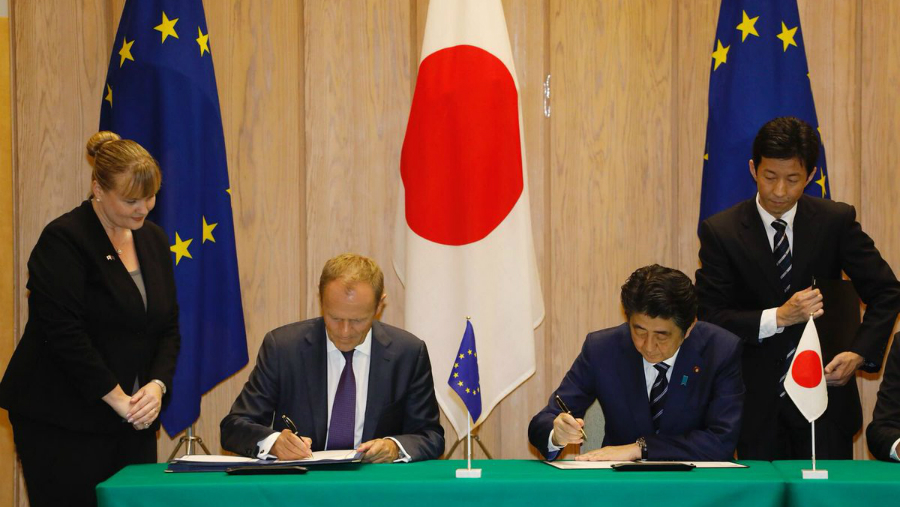
This Agreement, which was signed in July last year together with the Economic Partnership Agreement, is the first-ever bilateral framework agreement between the EU and Japan and strengthens the overall partnership by providing an overarching framework for enhanced political and sectoral cooperation and joint actions on issues of common interest, including on regional and global challenges. The Agreement will enter into force once it has been ratified by all EU Member States.
READ ALSO: BREXIT – Consequences on the Import and Export of Goods
The Key Parts of the Economic Partnership Agreement
With regards to agricultural exports from the EU, this agreement will:
- Scrap Japanese duties on many kinds of cheese such as Gouda and Cheddar (which currently are at 29.8%) as well as on wine exports (currently at 15% on average);
- Allow the EU to increase its beef exports to Japan substantially, while on pork there will be duty-free trade in processed meat and almost duty-free trade for fresh meat;
- Ensure the protection in Japan of more than 200 high-quality European agricultural products, so-called Geographical Indications (GIs) and the protection of a selection of Japanese GIs in the EU.
The agreement also secures the opening of services markets financial services, e-commerce, telecommunications, and transport. It furthermore:
- Facilitates to EU companies access to the procurement markets of 54 large Japanese cities, and removes obstacles to procurement in the economically important railway sector at a national level;
- Addresses specific sensitivities in the EU, for instance in the automotive sector, with transition periods of up to 7 years before customs duties are eliminated.
READ ALSO: EU Imposes Definitive Safeguard Measures on Steel Imports Starting February
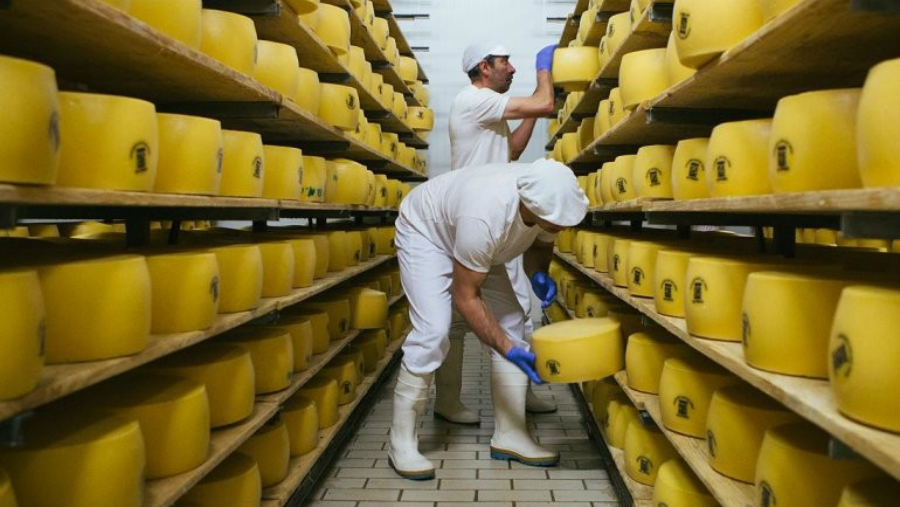
The agreement also includes a comprehensive chapter on trade and sustainable development, and also specific elements to simplify for small and medium-sized businesses. Moreover, it sets very high standards of labor, safety, environmental and consumer protection, strengthening EU-Japan’s commitments on sustainable development and climate change and fully safeguards public services.
Next Steps
The EU-Japan Economic Partnership Agreement is now in force. To take stock of the initial months of implementation, the first EU-Japan committee meeting will be convened in April this year. On the parallel issue of investment protection, negotiations with Japan continue standards and investment protection dispute resolution, with a meeting of Chief Negotiators scheduled for March.
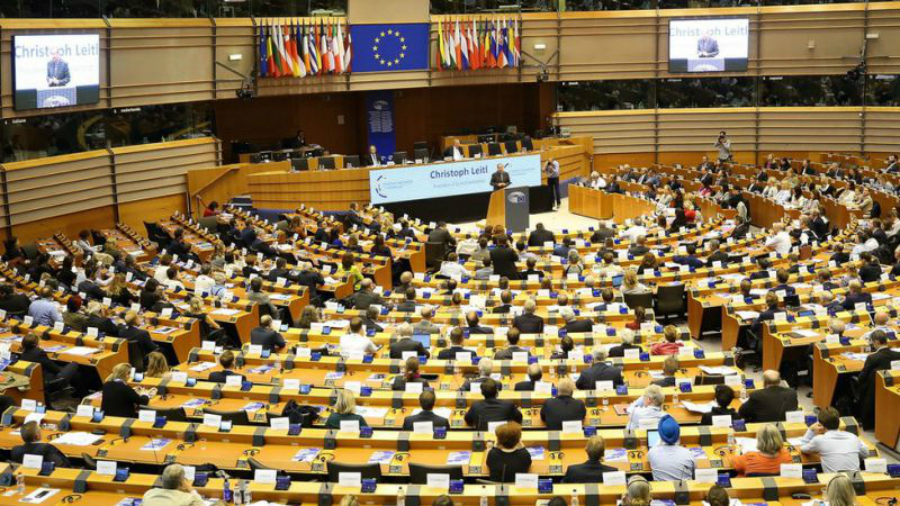
According to the press release recently issued by the European Commission, “the commitment on both sides is to reach convergence in the investment protection negotiations as soon as possible”, acknowledging their shared commitment to a stable and safe investment environment to both parts.
Do you want to receive the freshest news on worldwide freight transport industry? 👉 Follow PORTOCARGO on Facebook!
Source: European Commission





